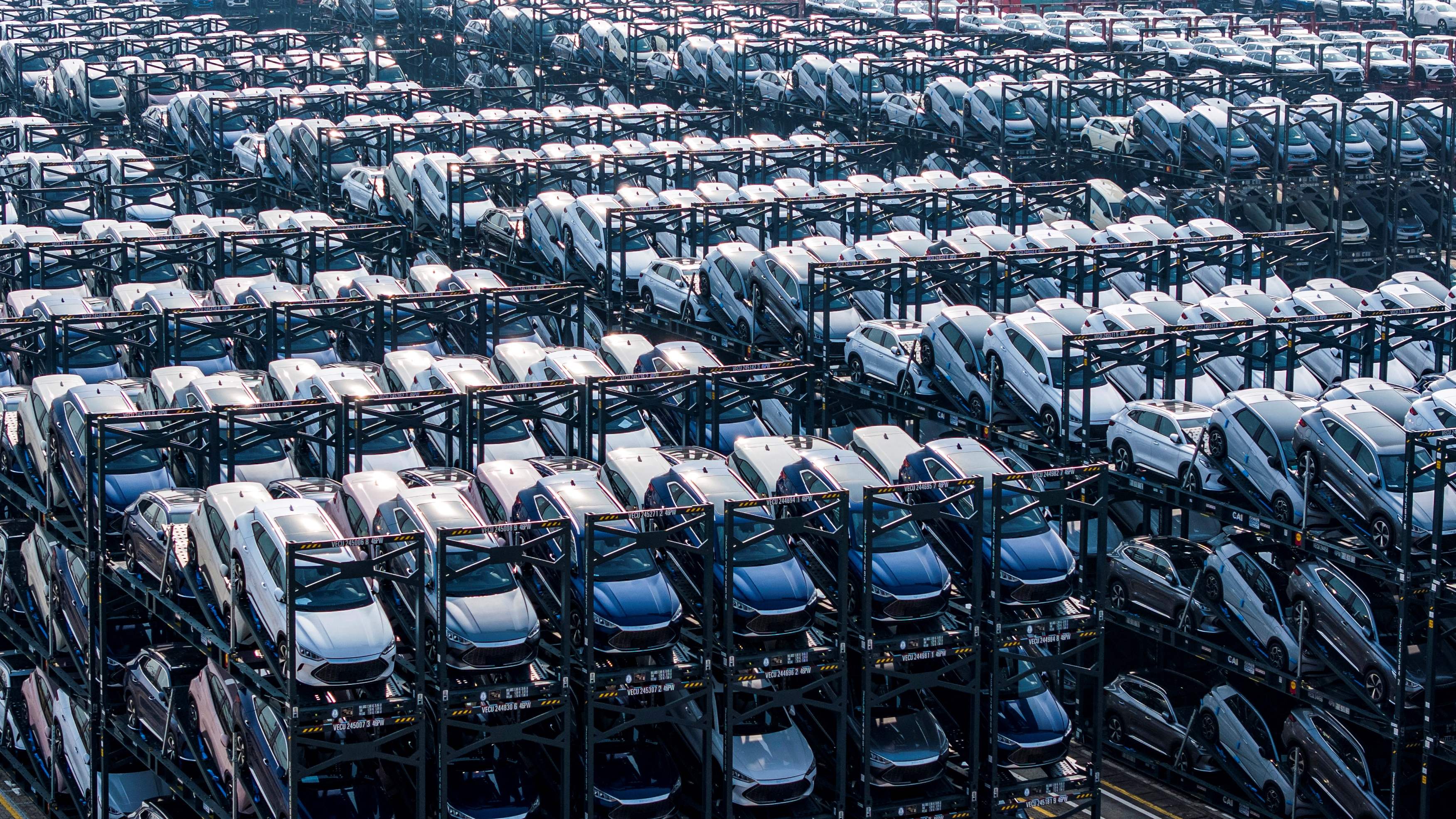China's Shift to Green Transportation: The Rise of Hydrogen Vehicles
Key Ideas
- Shanghai introduces hydrogen bicycles as a new mode of transportation, showcasing China's embrace of hydrogen power.
- Various regions in China are promoting hydrogen-powered trucks, buses, and passenger vehicles, with policies like toll exemptions and subsidies in place to support the industry.
- China's energy strategy aims to reduce reliance on imported oil by investing in new-energy vehicles like EVs, hydrogen vehicles, and methanol vehicles, leading to significant reductions in oil consumption.
- The shift towards green transportation has seen China achieve remarkable milestones in the lithium, hydrogen, and methanol energy industries, significantly impacting global markets.
Shanghai has rolled out hydrogen bicycles, a new mode of transportation powered by hydrogen, marking China's foray into hydrogen technology. This initiative is part of a broader movement across China to promote hydrogen vehicles, including trucks, buses, and cars. Various regions have introduced policies like toll exemptions and subsidies to boost the hydrogen vehicle industry. China's energy strategy focuses on reducing reliance on imported oil by transitioning to new-energy vehicles, encompassing EVs, hydrogen vehicles, and methanol vehicles. The country has made substantial progress in the lithium, hydrogen, and methanol energy sectors, with over 60% of global EV production and sales in 2023 attributed to China. The shift towards green transportation has led to a significant decline in oil consumption, with prospects to further reduce oil demand by over 200 million tonnes annually. China's efforts in promoting green transportation not only impact domestic oil consumption but also have global implications in reshaping energy markets.
